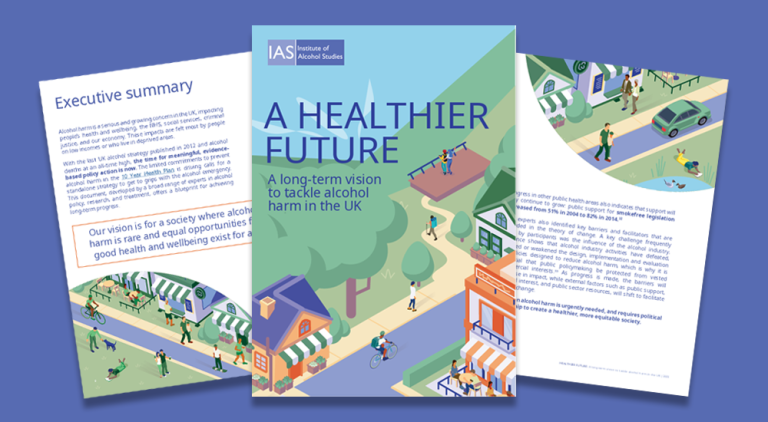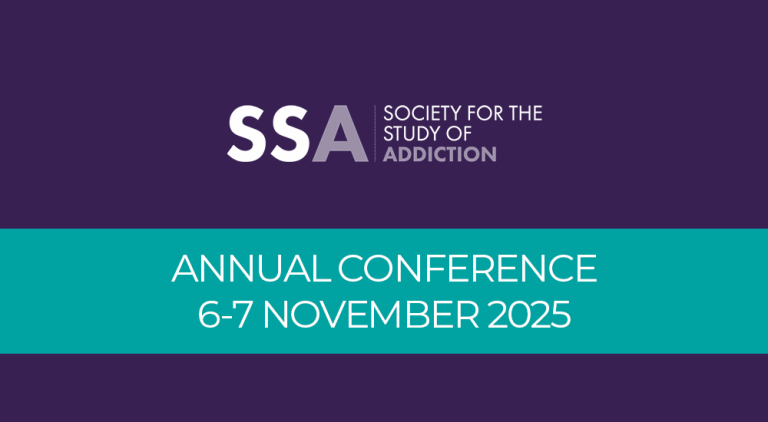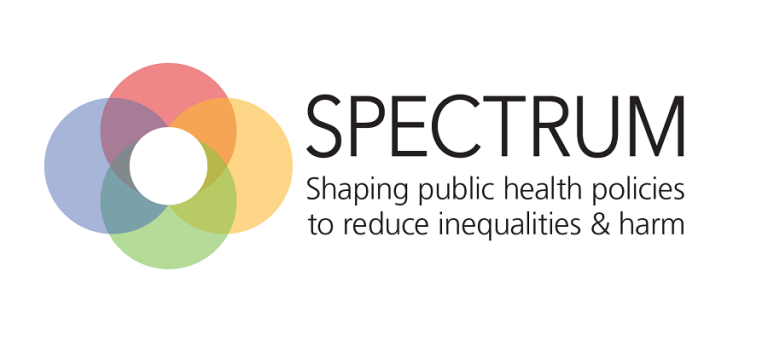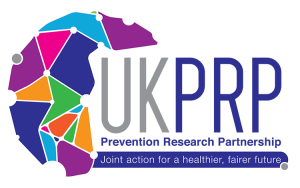Sheffield Addictions
Research Group
Public health and health economic research on alcohol, tobacco, gambling and addiction.
The Sheffield Addictions Research Group (SARG) is based in the Sheffield Centre for Health and Related Research at the University of Sheffield. Our innovative research, spanning from modelling the effects of policy interventions to understanding complex human behaviour, has directly shaped legislation and public health strategies in the UK and internationally.
Research areas

Alcohol
We are an international centre of excellence for public health research on alcohol. Since 2008 our alcohol research has played a key role in current policy and public debate.

Tobacco
We are continually expanding our portfolio of tobacco research, with a commitment to conducting policy-relevant research that can inform evidence-based interventions.

Gambling
We are actively engaged in emerging areas of gambling research, seeking to understand and address the complex issues surrounding addiction and public health.
Featured projects
Latest news
-
Professor John Holmes contributes to major new report outlining actions to tackle alcohol harm
SARG Director Professor John Holmes was part of an expert panel that supported the development of 'A Healthier Future: A long-term vision to tackle alcohol harm in the UK', a significant new report published by the Institute of Alcohol Studies (IAS) this week.
-
SARG researchers present on economic modelling and wastewater surveillance at European Public Health Conference
Two researchers from the Sheffield Addictions Research Group (SARG), Dr Charlotte Head and Dr Esther Chanakira, will showcase innovative local-level tools for policy design, including economic modelling and wastewater surveillance, at the European Public Health (EPH) Conference in Helsinki from 11–14 November 2025.
-
SARG to present latest research on alcohol-free and low-alcohol drinks at SSA Annual Conference 2025
Researchers from the Sheffield Addictions Research Group (SARG) are set to present their latest findings on alcohol-free and low-alcohol drinks at the Society for the Study of Addiction (SSA) Annual Conference 2025.
New on the blog
-
Autumn Budget 2025: Analysis of tax and policy changes across alcohol, tobacco and gambling
In this post, SARG experts analyse the impact of the Autumn Budget 2025 on public health. They explore the effects of maintaining inflation-linked alcohol duties and licensing policy changes, new tax policies and duty stamp scheme for tobacco and vaping products, and the reforms aligning gambling taxes with risk.













